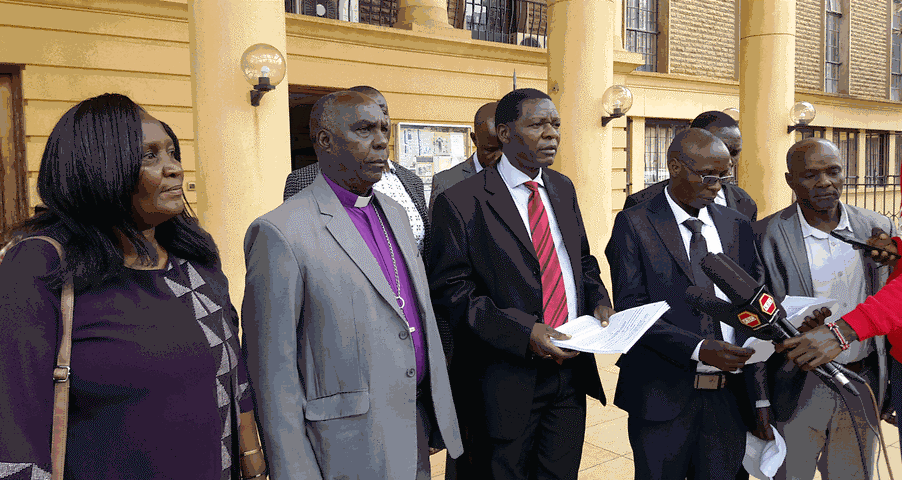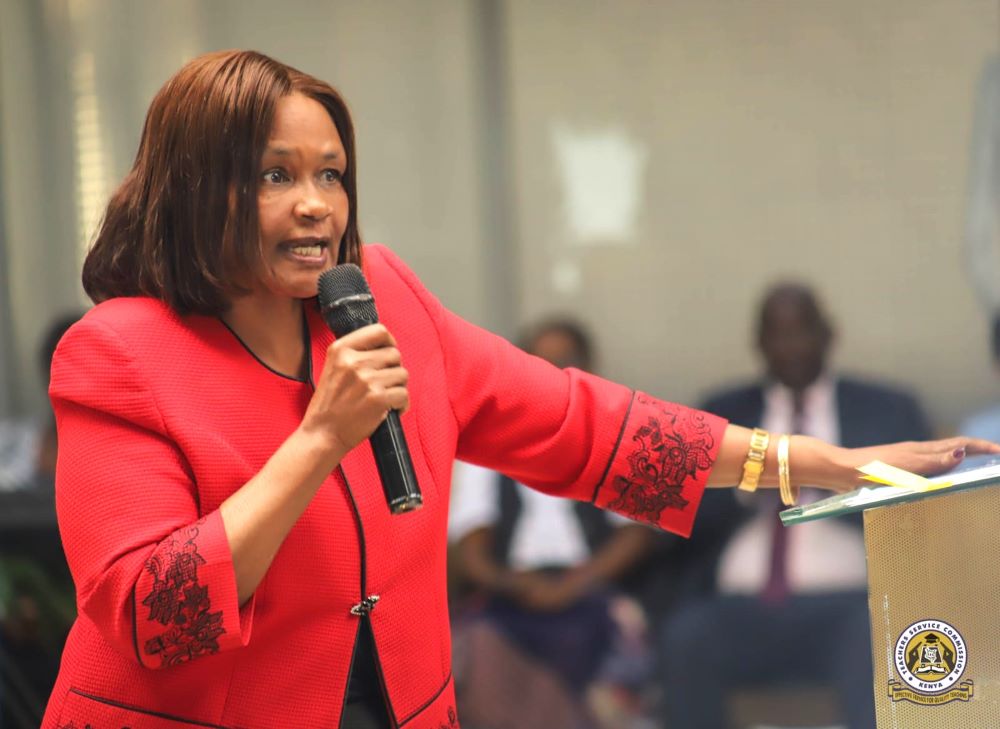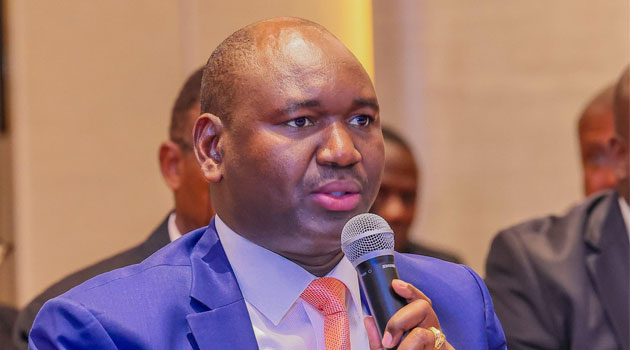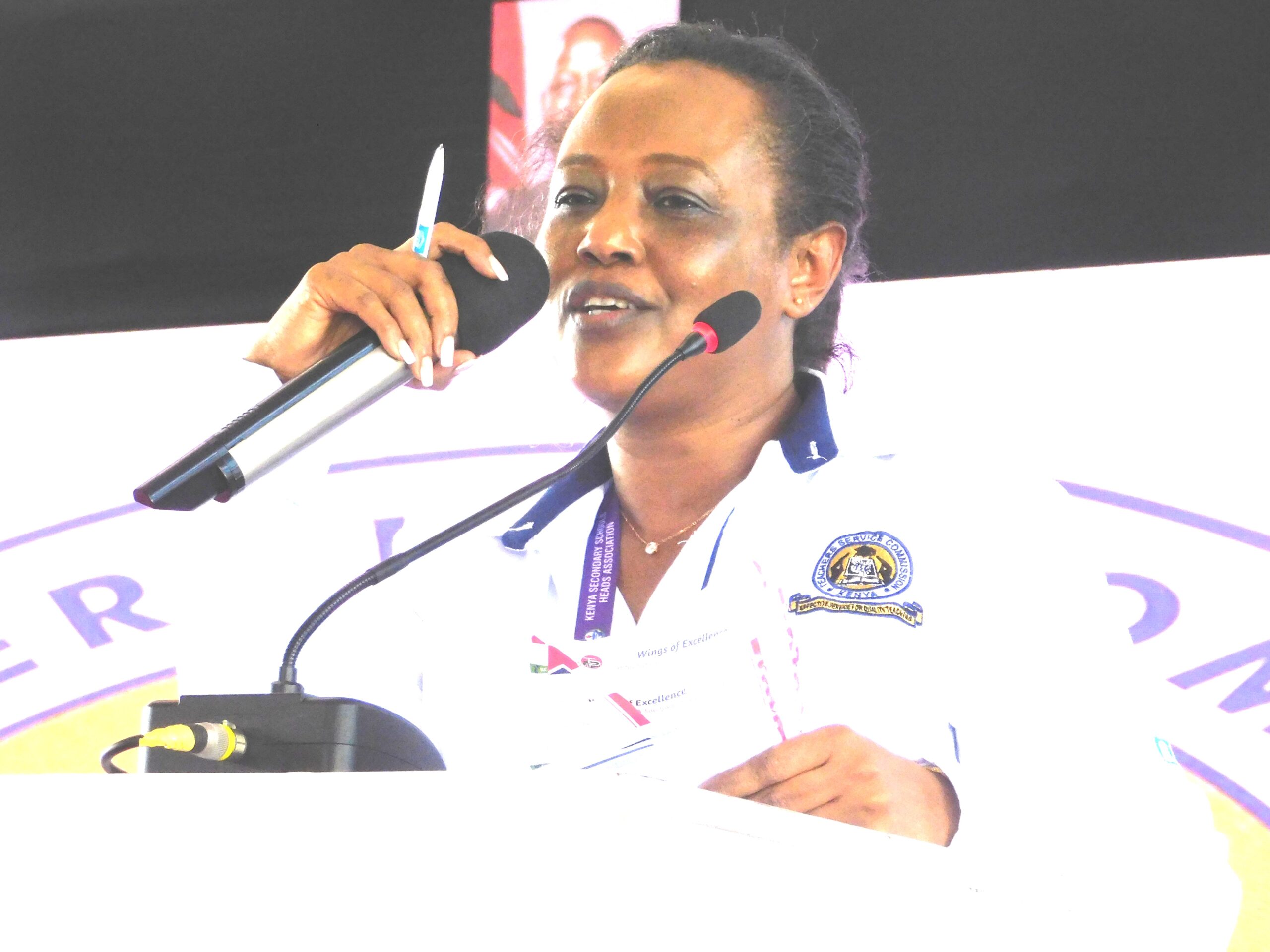By Hezron Roy
Parents now want their children to study for nine (9) years in primary school to allow them to mature to a level of making independent decisions before transiting to secondary schools.
The parents through the National Parents Association (NPA) argue that currently, a majority of the Grade 6 learners have not yet matured to the aforementioned level.
Through their proposals to the Presidential Working Party on Education Reforms (PWPER) on November 11, 2022 at the University of Nairobi, the association led by National Chairman David Silas Obuhatsa wants the structure of education from Grade 1 to Grade 6 be renamed as Lower Primary, while from Grade 7 to Grade 9 be renamed as Upper Primary and Form 1 to Form 4 be christened Senior Secondary under the Competence Based Curriculum (CBC).
“The Association is proposing that a new structure be created where learners will have 2 years in ECDE (Early Childhood Development Education), 6years in junior primary, 3 years in senior primary and 4 years in high schools,” reads the proposal in part.
The association observed that the current structure which requires learners in Grade 6 to sit for a national examination is wanting because majority of the learners are very young – between the age of 11 and 12 – thus they cannot study in schools far away from their parents.
It further notes that the term ‘Junior Secondary’ is quite misleading to both learners and parents because secondary education has always been associated with learners who are 15 years old and above; also the government outlaws admission of under-age children from being admitted in secondary schools.
In addition, the association states that the current infrastructure in secondary schools cannot absorb the high number of learners who will sit for Grade 6 examination slated for November this year.
In this regard, the association further proposed that there should be a national examination for Grade 6 which should be named Kenya Lower Primary Examination (KLPE), another examination at Grade 9 which should be named Kenya Upper Primary Examination (KUPE) and for Senior Secondary School at Form 4, should be called Kenya Senior Secondary Examination (KSSE).
Create CBC Vote-head
The association in their proposal maintains that CBC should not be abolished due to cost; however, the government should create a vote-head under the Free Primary Education (FPE) capitation grant to specifically cater for CBC teaching and learning materials instead of shifting the cost to parents.
“The CBC should not be abolished because of the costs but the Government should instead create a vote head for CBC teaching and learning materials under the Free Primary Education (FPE) capitation grant,” added the proposal.
The association further wants that the Community Parents Associations (CPA) be recognized as the lowest structure of the parents’ association where communities could be coming together with their children during weekends and school holidays to undertake practical activities from a centralized place.
Additionally, the association wants the government to provide extra infrastructure in terms of workshops, computer rooms, home science, arts, craft and music in every school for the purpose of the practical lessons.
Challenges on CBC
The association had identified a number of challenges facing CBC implementation which include;
- The curriculum being expensive and burdensome to parents; inadequate training of teachers expected to implement the curriculum;
- No clear guidelines on how learners will transit to Junior Secondary since the current infrastructure in secondary schools cannot accommodate the high number of learners who will be admitted in those schools;
- Majority of the parents who are expected to assist the learners under CBC program not being sensitized on what is expected of them;
- The amount of time given by teachers demanding parents to avail costly learning materials is too short thus making the entire process inconveniencing to both the learners and their parents;
- The unnecessary demands by teachers on the learners creating conflict between poor parents and their children to the extent of pushing a lot of poor children out of school.
- The continuous assessment of learners which is being administered by the Kenya National Examination Council (KNEC) through the teachers at the school level does not give a true reflection of what parents expect from their children because much of it is guesswork; and
- Quite a number of schools have reintroduced tuition classes for all CBC learners where parents are forced to pay extra levies which were abolished by the government some years back.
In summary, the association suggests that the current structure of CBC be amended to substitute the term Junior Secondary with Upper Primary so as to allow learners to transit but continue studying in the primary schools they are in, currently.
It further proposes that the teachers expected to implement the CBC be thoroughly trained for at least 6 months, learners to be accommodated in their current primary schools, to enhance uniformity of assessment and more quality assurance officers to be deployed.
Below is a table outlining the NPA Proposal on the ideal structure of CBC:
| Level | Pre primary | Lower primary | Upper primary | Senior secondary | Tertiary |
| Duration | 2 Years | 6 Years | 3 Years | 4 Years | 3 Years |
| Age | 4 -5 years | 6-11 years | 12-14 years | 15 – 18 years | 19 – 21 years |
| National
Examinations |
|
Kenya Lower Primary Examination (KLPE) | Kenya Upper Primary Examination (KUPE) | Kenya Senior Secondary Examination (KSSE) |






